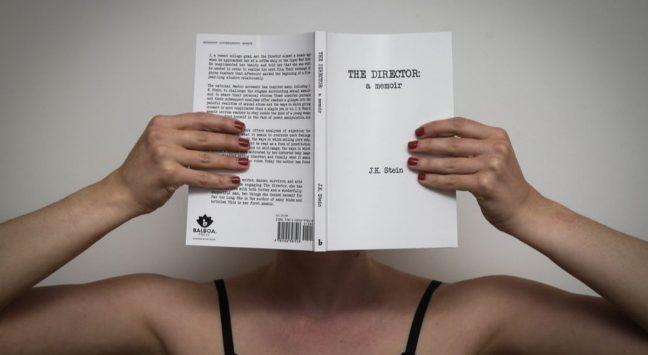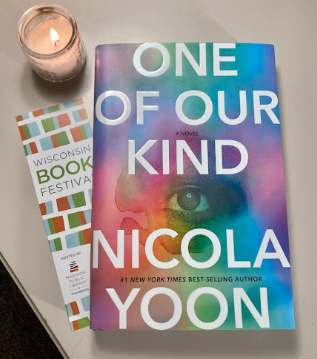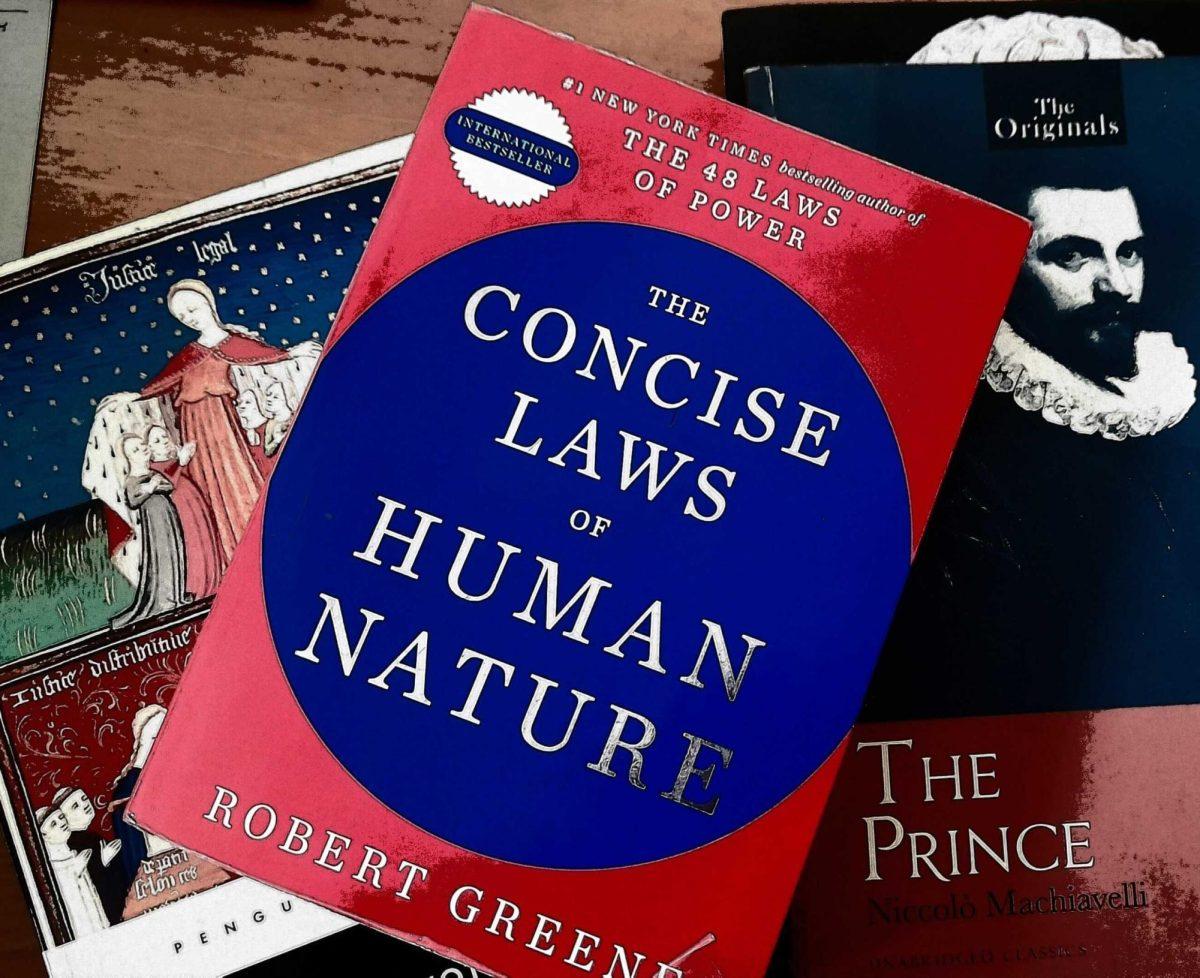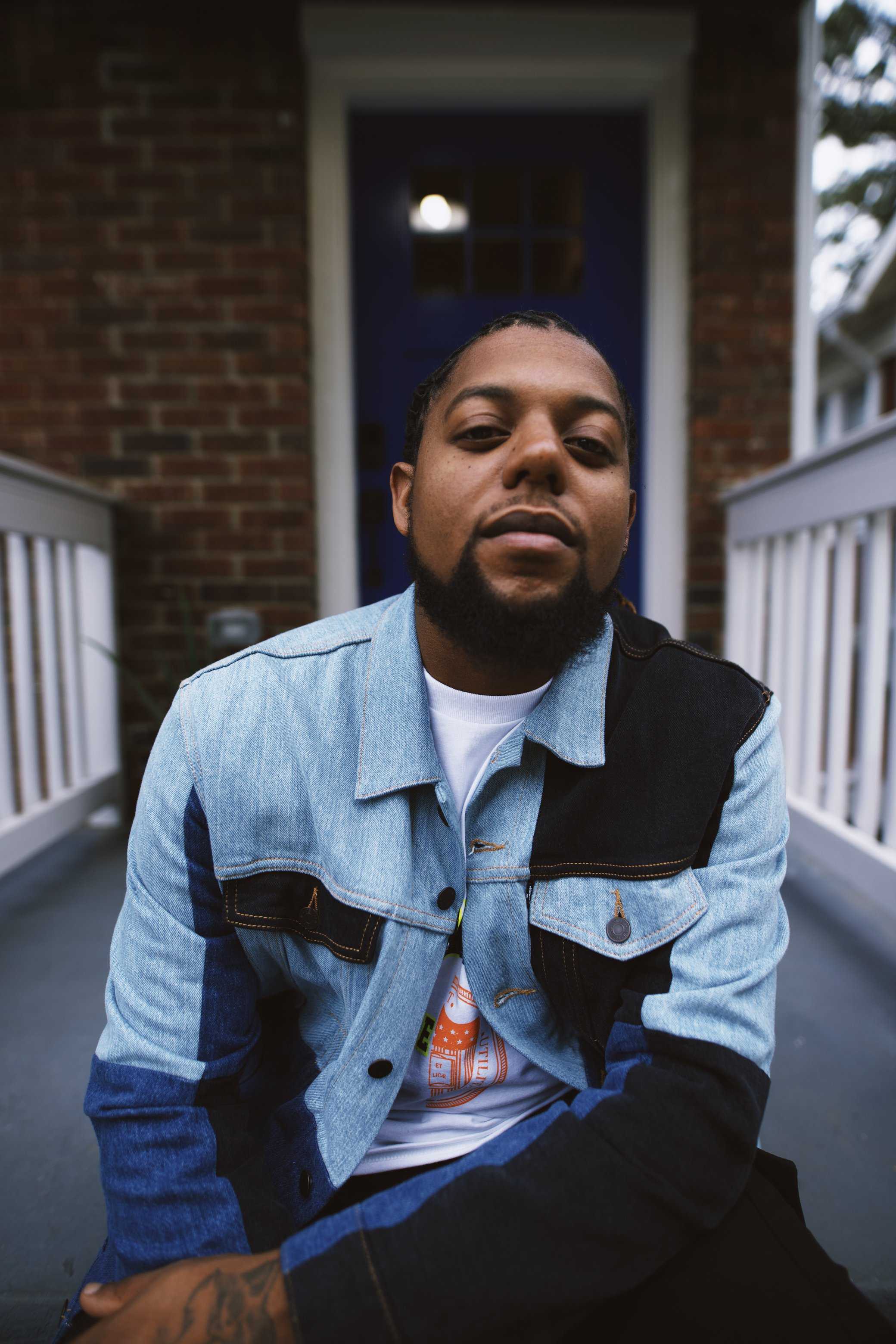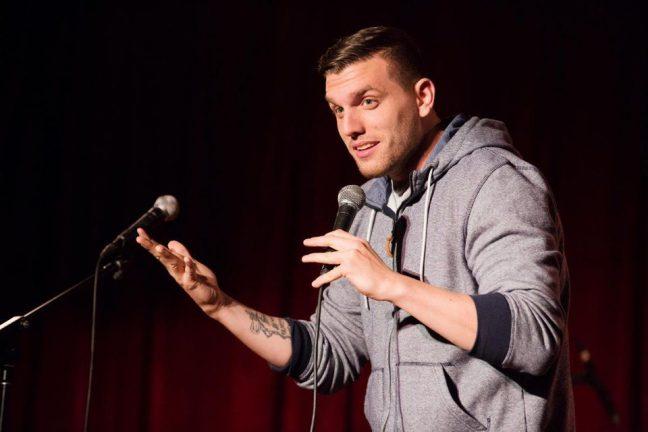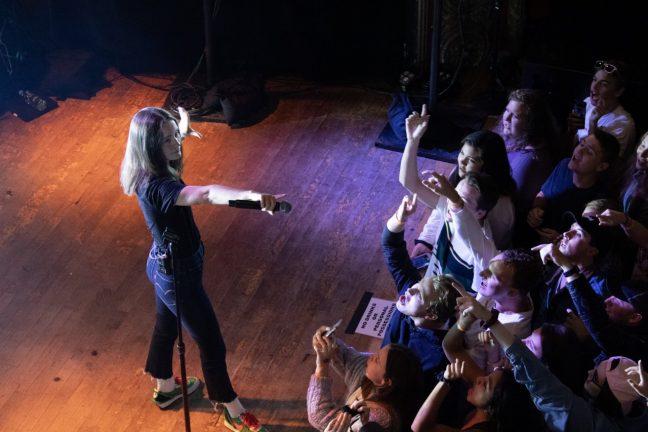In the #MeToo era, accounts of sexual assault and misconduct permeate to the forefront of public consciousness. As frequent allegations of abuse surface in places of power, it is abundantly clear that rape culture is not the exception but the rule. The pervasive nature of sexual exploitation occurs systemically with apparent institutional power dynamics.
J.K. Stein explores this imbalance of power in her book, “The Director: A Memoir,” as she recounts her five-year-long abusive relationship with a high-profile Hollywood director. Through meticulous journal entries, Stein describes each encounter with “The Director” and the overwhelming emotional relapse that accompanies the experience.
When they first meet, Stein is a 22-year-old college graduate who’s moved to New York to pursue her master’s degree. The abuse begins with the promise of casting Stein in his next film as The Director persuades her to perform sexual acts as inspiration to further develop the film.
As the encounters ensue rapidly and frequently, her shame, guilt and disgust for herself — and The Director, only grow. Managing an eating disorder as well as another abusive relationship at the time, Stein continues the relationship in hopes of achieving her dream to be a famous film actress.
Body hate and eating disorders, paired with pressures of campus, plague the minds of UW students
In the aftermath of each “meeting,” Stein details the devastating self-loathing she feels and blames herself. Yet, her inner monologue is entirely indicative of a victim. The Director’s manipulative grooming tactics are ostensibly glaring as he intimidates Stein with his sheer physical stature. He abuses his authoritative influence by consistently pinpointing Stein’s weaknesses and employing his reputation to coax others into compliance. This power dynamic is the driving force behind the abuse.

While Stein contemplates her role in the experience, the idea of consent is distorted as she believes she perpetuates the abuse by willingly partaking. Yet, it is the obvious emotional abuse inducing obedience from the victim which violates any form of consent given. It is this misconception that dominates the basis of rape culture. Particularly with intimate partner violence, consent is rampantly misunderstood. Sometimes lines blur between a regrettable experience and sexual misconduct. But an abuser’s grooming is such a profoundly deep-seated psychological manipulation that the victim believes they are the problem.
The memoir’s epilogue showcases how much Stein has grown in overcoming her battles as a victim. Recognizing the power imbalance and The Director’s various manipulation tactics, she is truly a marker of strength and healing.
Trump’s support of sexual abusers symptomatic of deep-seeded American rape culture
Reading this memoir was extremely difficult, but only because the cold hard reality of sexual abuse and its prevalence is hard to swallow. It is stories like these that give a voice and a platform to numerous victims as well as offering courage to the many others who exist in silence.

Stein’s firsthand account details the remarkably telltale of signs of abuse. The harrowing experience illustrates the harmful power structures that facilitate exploitation. This memoir joins the volume of other stories that stand in solidarity to raise awareness of sexual assault’s extensive pervasiveness.


